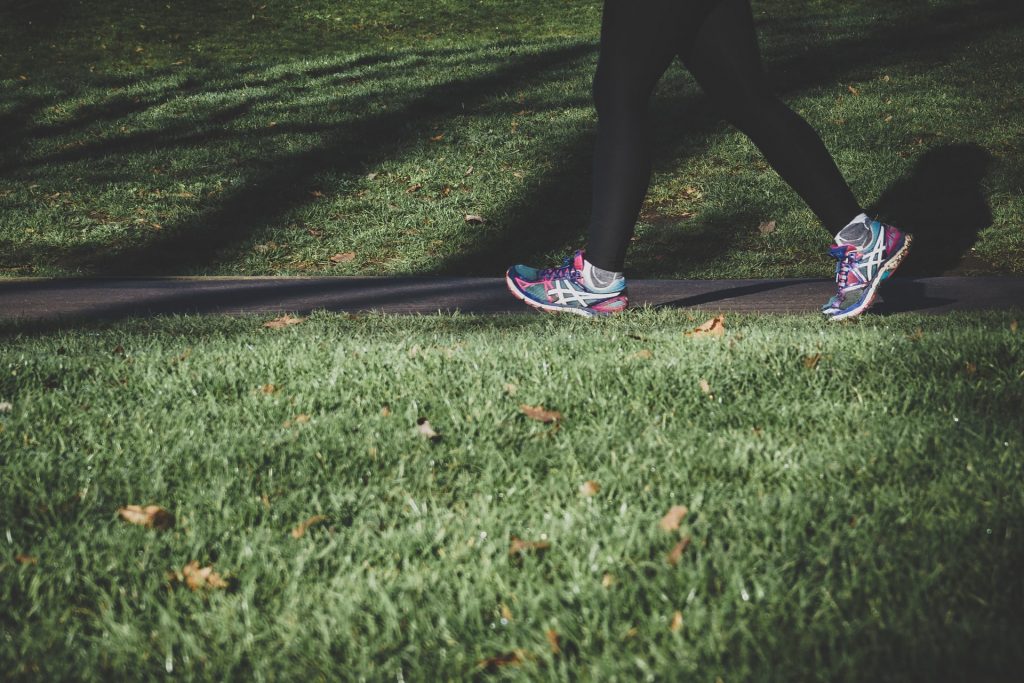Aerobic exercises like walking, cycling, swimming, and recently, Zumba classes, are a staple in workout regimens. These cardio exercises requires use of oxygen over a sustained amount of time (thus, aero), which stimulates both the heart and respiration. The constant activity during aerobics pumps up your heart and lets it beat faster, which in turn, enhances circulation to the lungs and muscles.
But apart from that, there are other amazing benefits you can derive from aerobic exercise. Find out what they are here.
Helps you lose weight

Aerobic exercise is an effective way to burn fat. In a 2012 study conducted by Duke University involving 234 obese and overweight non-diabetic adults, researchers found that compared to just resistance training, subjects who performed aerobic training only and aerobic with resistance training enjoyed significant weight loss.
Makes you happy

During aerobic exercises, your body releases endorphins – also called happy hormones – which help elevate mood and well-being and encourage body relaxation, leaving you feeling good post-workout. Aerobic exercises have also been proven to reduce anxiety and depression and improve sleep.
Improves strength and stamina

Aerobic exercises increase bone density and strengthen your muscles, heart, and lungs. Over time you will find that you get fatigued less and can last longer doing either day-to-day or intense activities.
Keeps illness at bay

While scientists are yet to find out exactly how and why exercise increases immunity, several studies suggest that this is because of the positive changes that happen inside the body during exercise. As you exercise, your blood vessels dilate and your heart pumps more blood. This helps carry away waste products and rid bacteria from the lungs. In turn, this makes you less susceptible to viruses that cause common colds and flu.
Exercise also positively affects the white blood cells (WBC) in the body. WBCs, also called fighter cells, help in disease detection and also help ward off infection. An increase in WBC usually means an infection or disease. Exercise lowers WBC count and allows them to circulate quickly and more efficiently, thus effectively helping detect and ward off illness earlier than usual.
It’s also thought that the increase in body temperature brought about by exercise helps create an environment that is less susceptible to bacterial growth.
Lowers bad cholesterol

Exercise helps reduce low-density lipoprotein (LDL) levels in the body while increasing high-density lipoprotein (HDL). HDL is considered as good cholesterol, while buildup of LDL – or bad cholesterol – increases the risk for heart attack and heart disease, as they form plaques in the arteries and clog the heart.




